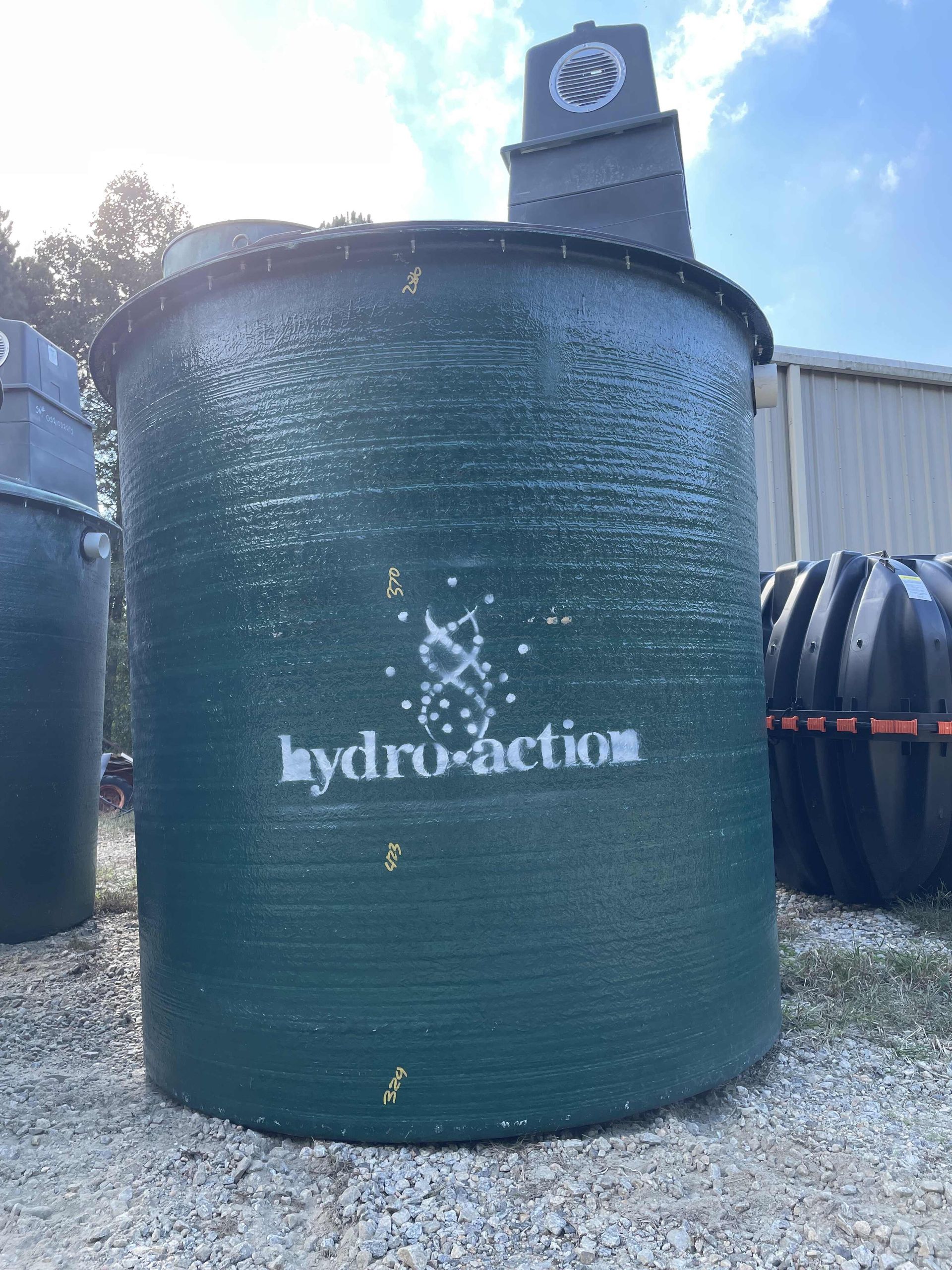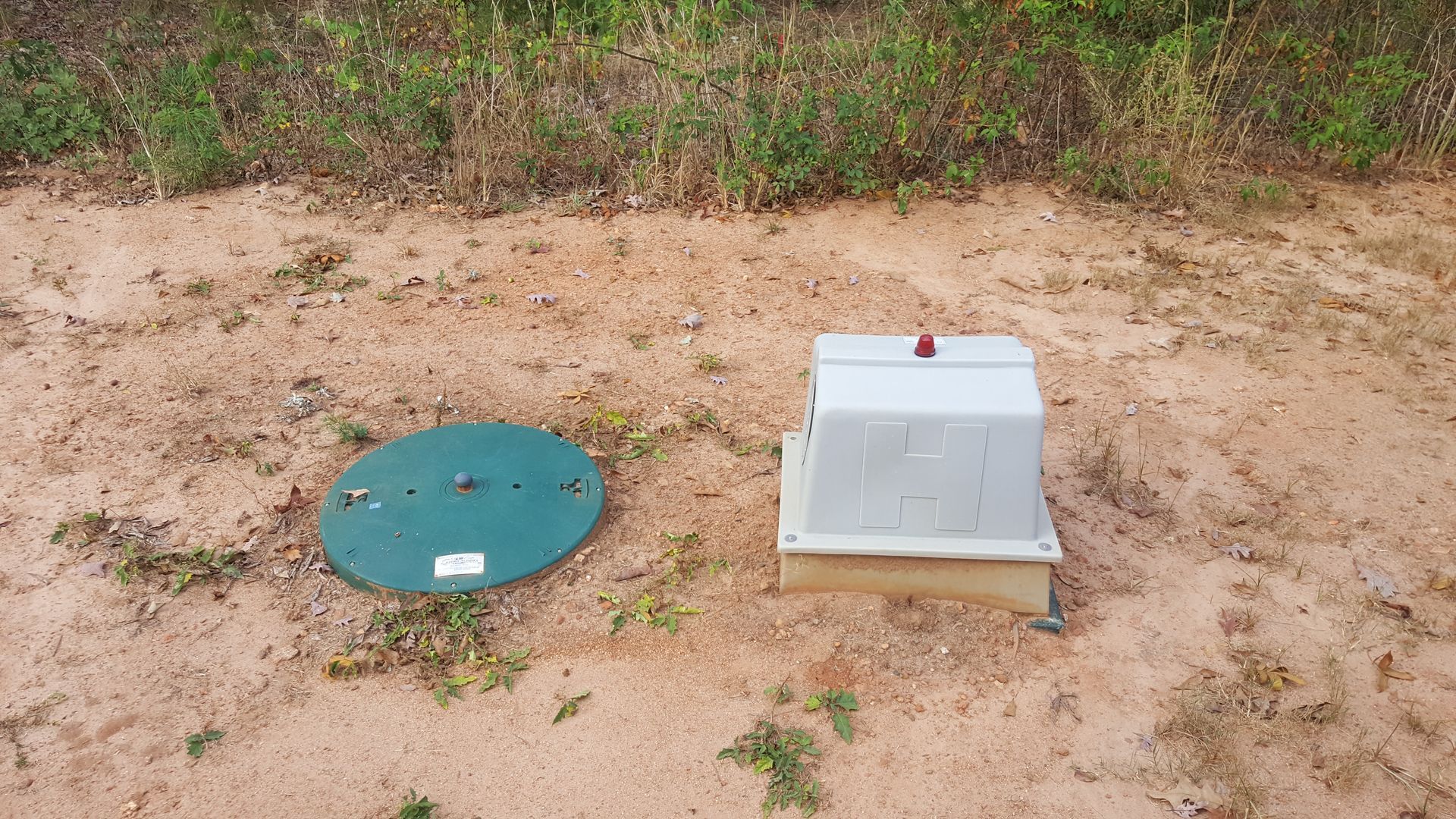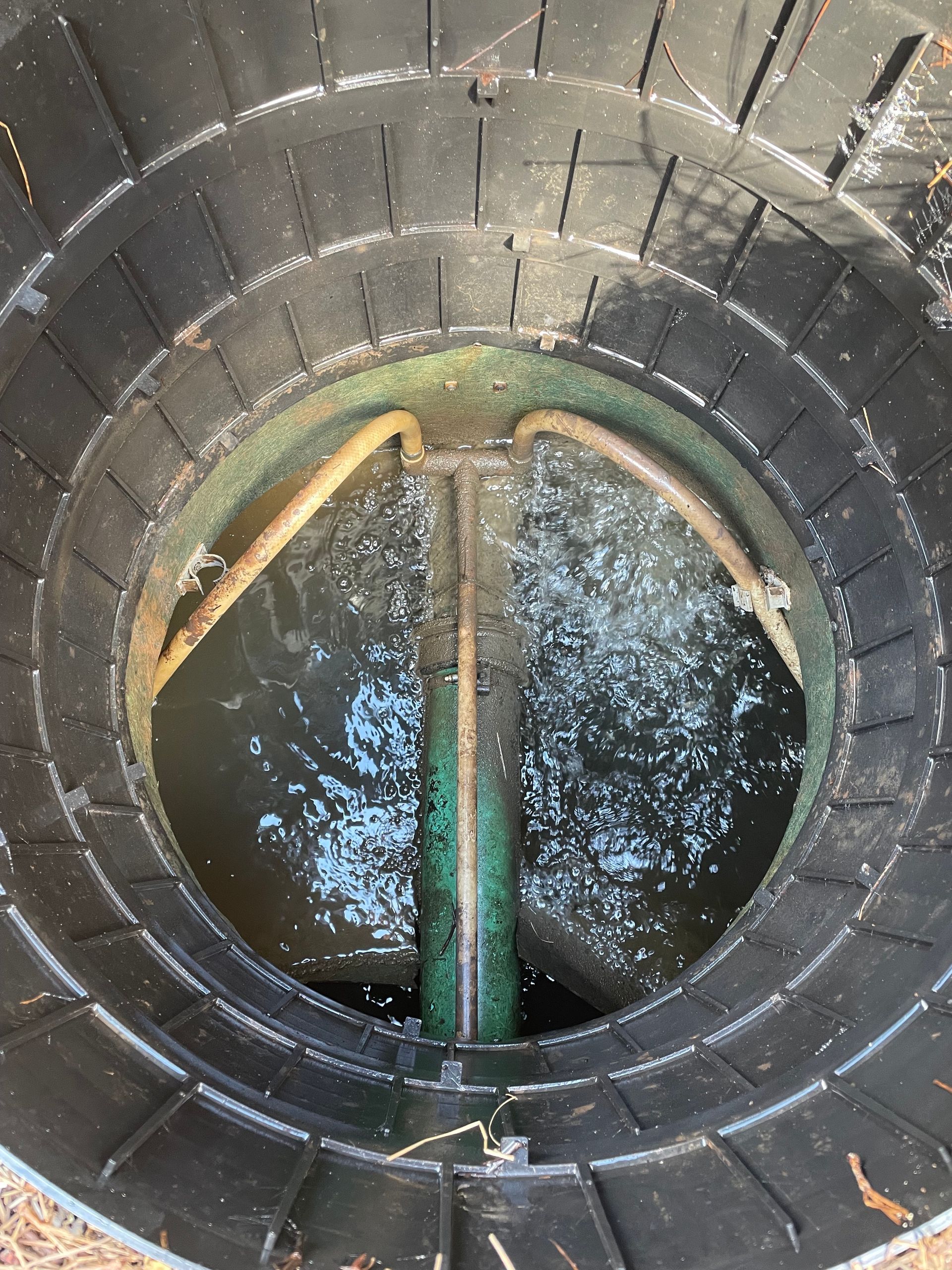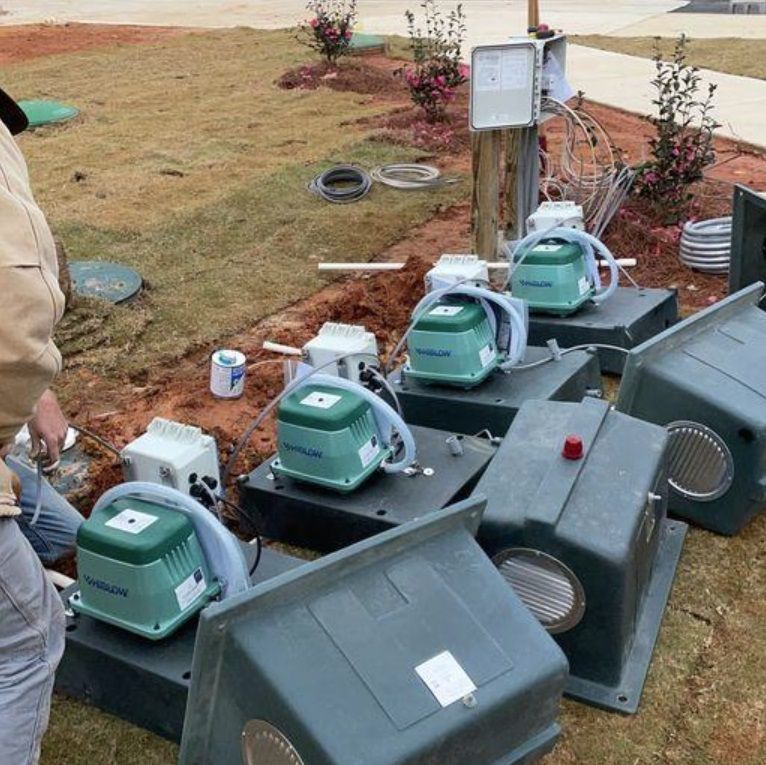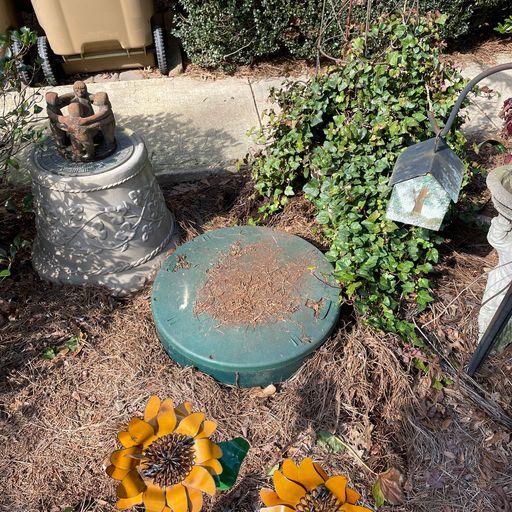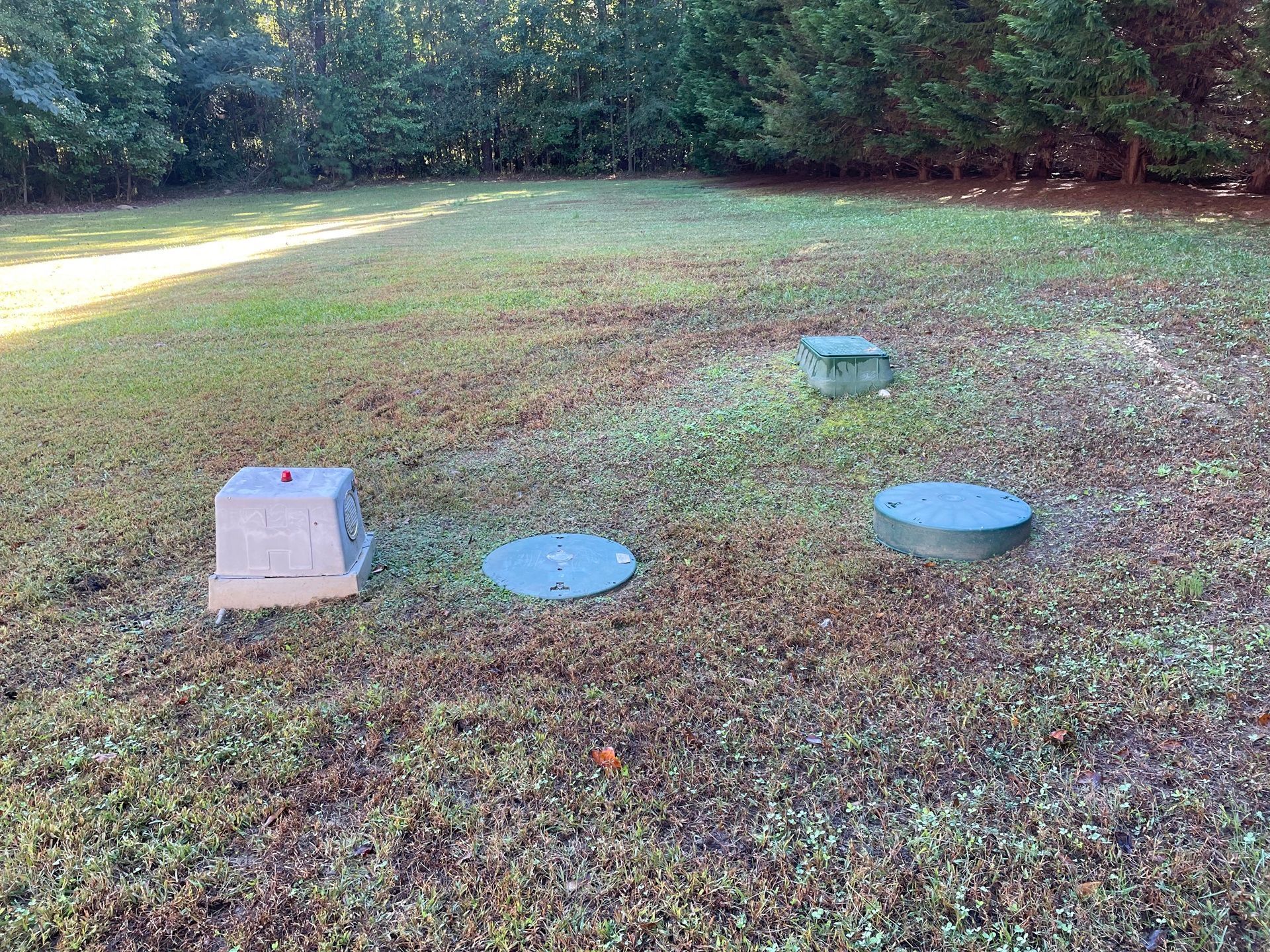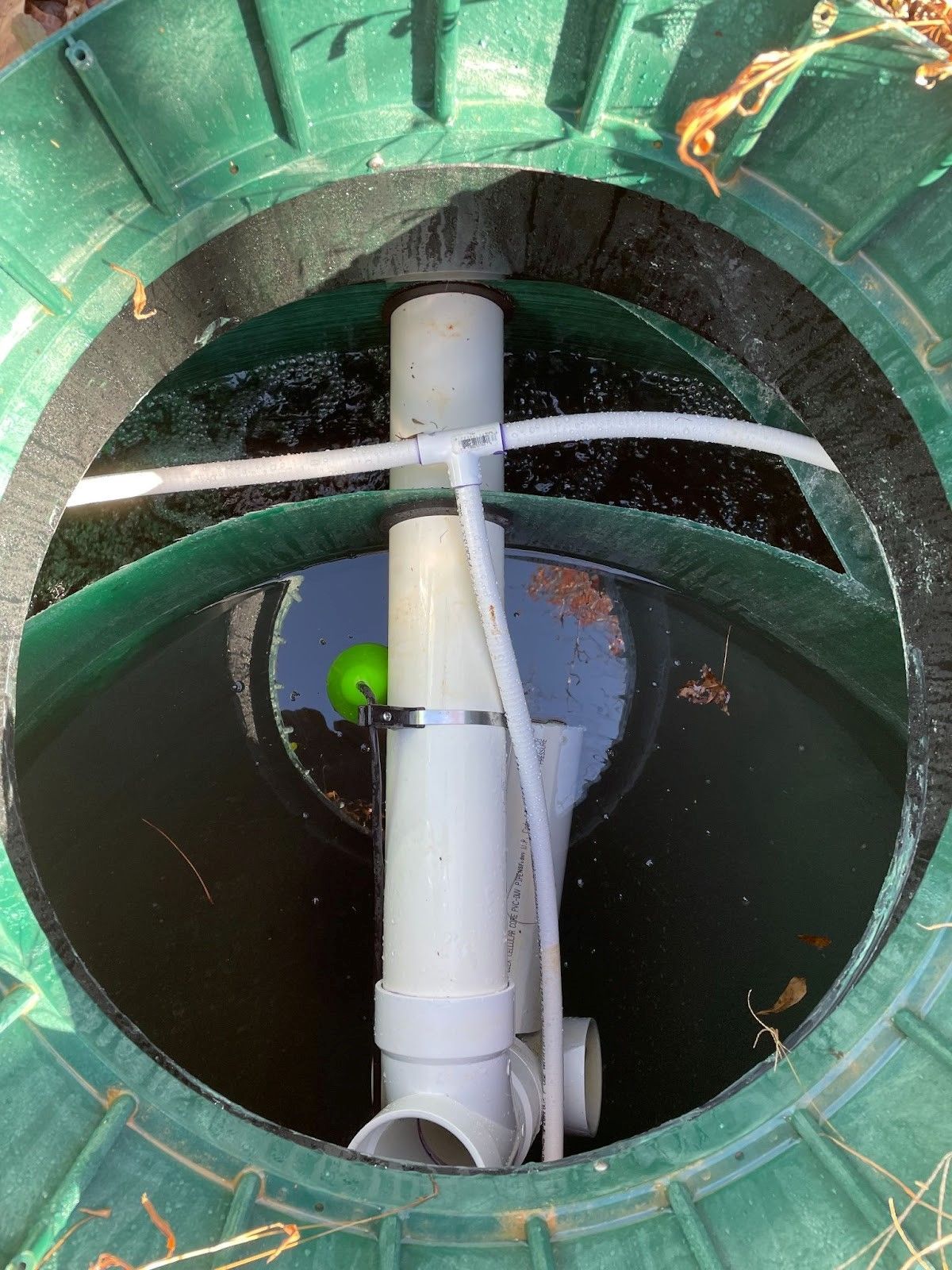Get in touch
404-788-3474
asmseptic@gmail.com
Email Us on: asmseptic@gmail.com
Call or Text: 404-788-3474
Common Issues With Aerobic Treatment Units in Georgia and How To Fix Them
Aerobic treatment units (ATUs) provide an advanced solution for wastewater treatment, but like any system, they can experience issues over time. At Alternative Septic Management Inc., we specialize in servicing, maintaining, and repairing ATUs for both residential and commercial properties in Georgia. Understanding common problems and their signs can help you address issues early and keep your system running efficiently.
Georgia's unique climate and soil conditions can present specific challenges for ATU systems. Frequent issues include clogged aerators and diffusers, malfunctioning air pumps, and problems with electrical components. Being aware of these common problems can help you take proactive steps to maintain your system.
In this article, we'll explore some of the most frequent ATU issues we encounter in Georgia and how to fix them. From identifying signs of trouble to providing detailed maintenance tips, our goal is to help you keep your ATU system in top condition. Whether you're dealing with clogged components or electrical malfunctions, understanding these issues can help you maintain effective wastewater treatment and protect your investment.
Identifying Common ATU Issues
In Georgia, aerobic treatment units (ATUs) often face specific problems due to the region's climate and soil conditions. Common issues include clogged aerators or diffusers, malfunctioning air pumps, and problems with the electrical control panels. These issues can hinder the system's performance, leading to inefficient wastewater treatment and potential environmental hazards.
Signs that indicate system issues include unusual noises from the air pump, foul odors near the unit, and visible problems like electrical malfunctions. Reduced aeration and water pooling around the drainage area are also red flags. If you notice any of these signs, it's crucial to address them as early as possible to prevent more significant problems and costly repairs.
Clogged Aerators and Diffusers
Clogged aerators and diffusers are among the most common problems with ATUs in Georgia. These components are essential for maintaining proper oxygen levels in the system, which helps break down waste effectively. Over time, debris, sludge, and microbial growth can cause clogging, reducing the system's efficiency.
To combat clogging, regular cleaning and maintenance are crucial. Here are the key steps to clean and maintain aerators and diffusers:
1. Power Off the System: Always turn off the ATU before starting any maintenance work to ensure safety.
2. Remove and Inspect: Carefully remove the aerators and diffusers, inspecting them for signs of clogging or damage.
3. Clean Thoroughly: Use a brush and clean water to remove debris, sludge, and microbial buildup from the components.
4. Reassemble and Test: Once cleaned, reassemble the parts and turn the system back on to ensure it is operating correctly.
By regularly performing these maintenance tasks, you can keep the aerators and diffusers in good working condition, thus ensuring the overall efficiency of your ATU system. Regular inspections are key to preventing large-scale clogs that could significantly impact your system's performance.
Malfunctioning Air Pumps
Air pumps are essential for maintaining proper oxygen levels in your ATU system. In Georgia, common air pump issues include blockages, worn-out components, and electrical failures. These problems can disrupt the flow of air, leading to inefficient waste breakdown and unpleasant odors.
Common causes of air pump issues:
- Blockages: Debris and buildup can block the air intake or diffuser, hindering airflow.
- Wear and Tear: Over time, the mechanical parts of the air pump can wear out, reducing efficiency.
- Electrical Failures: Issues with wiring or electrical components can cause the pump to malfunction.
To address these problems, follow these solutions for repairing or replacing air pumps:
1. Inspect for Blockages: Regularly check the air intake and diffuser for debris and clean them to ensure optimal airflow.
2. Replace Worn Parts: If mechanical parts are worn out, replace them with high-quality components to restore efficiency.
3. Check Electrical Connections: Ensure all wiring and electrical components are secure and functioning correctly. Replace any faulty parts immediately.
By staying vigilant and addressing air pump issues promptly, you can maintain the proper function of your ATU system and avoid more significant problems down the line.
Electrical and Control Panel Problems
Electrical and control panel problems are another common issue with ATU systems. These components are crucial for regulating the system's operations, and any malfunctions can disrupt the entire process. Common issues include faulty wiring, malfunctioning timers, and control panel errors.
Identifying issues with electrical components:
- Intermittent Operation: If the system operates intermittently, it could indicate wiring issues or malfunctioning timers.
- System Failures: Complete system failures often point to control panels or major electrical component issues.
- Error Codes: Many ATU systems provide error codes that indicate specific electrical problems.
Repair and maintenance tips for control panels:
1. Regular Inspections: Periodically inspect the control panel and wiring for signs of wear or damage.
2. Secure Connections: Ensure all electrical connections are tight and free from corrosion.
3. Replace Faulty Components: If any part of the electrical system, such as timers or sensors, is faulty, replace it promptly with high-quality parts.
4. Consult Experts: For complex electrical issues, consult experienced professionals, like Alternative Septic Management, to ensure proper repairs and maintenance.
By addressing electrical and control panel problems quickly, you can maintain the reliable operation of your ATU system, ensuring efficient wastewater treatment.
Conclusion
Maintaining your ATU system is essential for ensuring effective wastewater treatment in Georgia. At Alternative Septic Management Inc., we are dedicated to helping you address common issues like clogged aerators, malfunctioning air pumps, and electrical problems. By staying vigilant and performing regular maintenance, you can keep your system running smoothly and avoid costly repairs.
Identifying common ATU issues early on, such as recognizing signs of clogged components or electrical malfunctions, enables you to take proactive measures. Regular cleaning, timely repairs, and professional consultations can significantly enhance your system's efficiency and longevity.
Your ATU system plays a crucial role in maintaining a healthy environment. Keeping it in top working condition protects your property and the surrounding ecosystem. For expert
aerobic septic system maintenance and repairs in Georgia, contact Alternative Septic Management Inc. today. Our team is ready to provide you with the best possible care to ensure your system's optimal performance. Schedule your service now and experience the difference our expertise can make.
Alternative Septic Services For Residential And Commercial Systems Requiring Alternative Septic Systems.
Quick Links
Our Services
Septic Installation
Septic Repair
Septic Inspection
Air Compressor Maintenance
Pump Maintenance
Get In Touch
Mobile: 404-788-3474
Email: asmseptic@gmail.com
Address: 3295 Fannie Thompson Rd. Monroe GA 30656
Copyright 2025 © All Rights Reserved. Alternative Septic Management, Inc.

